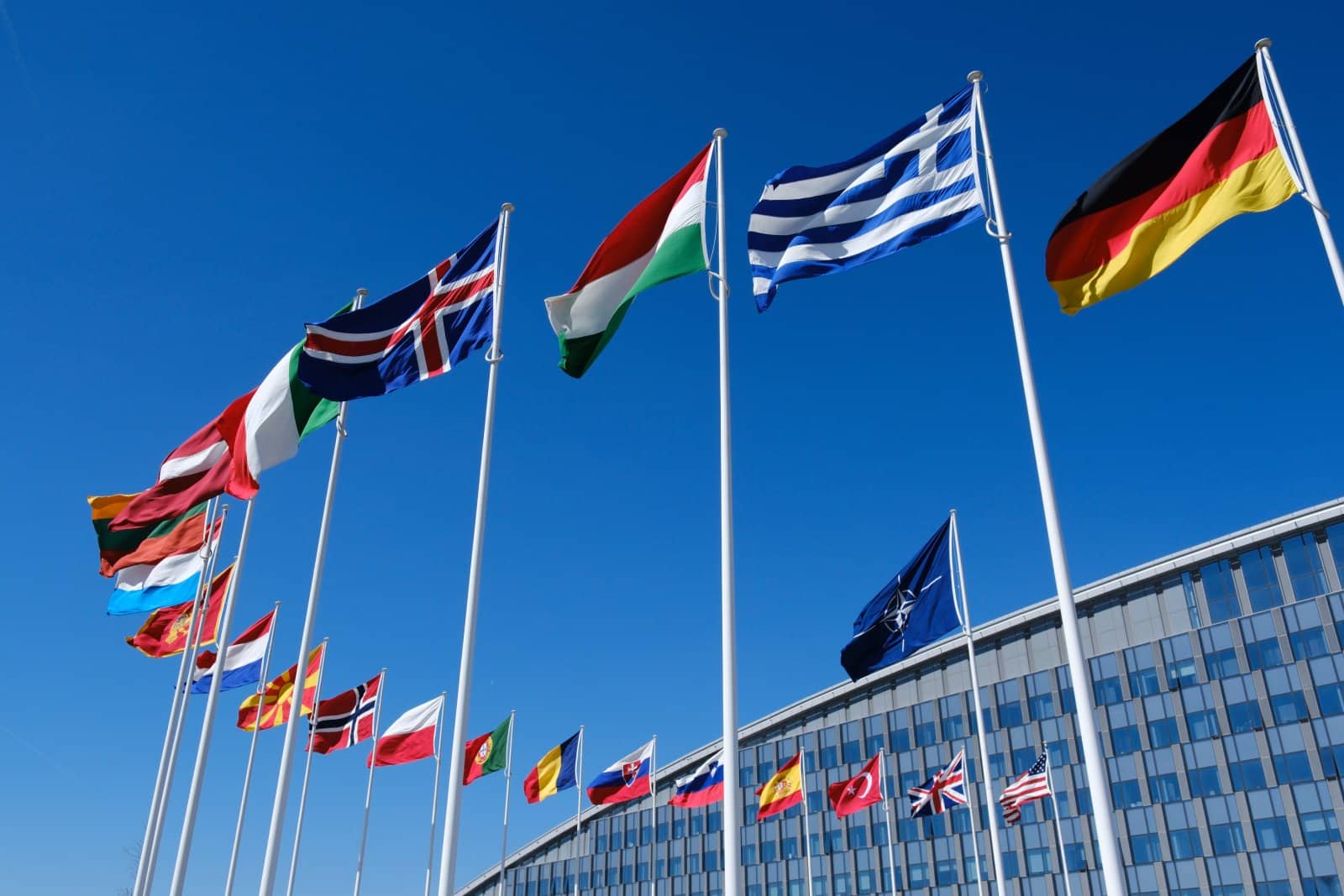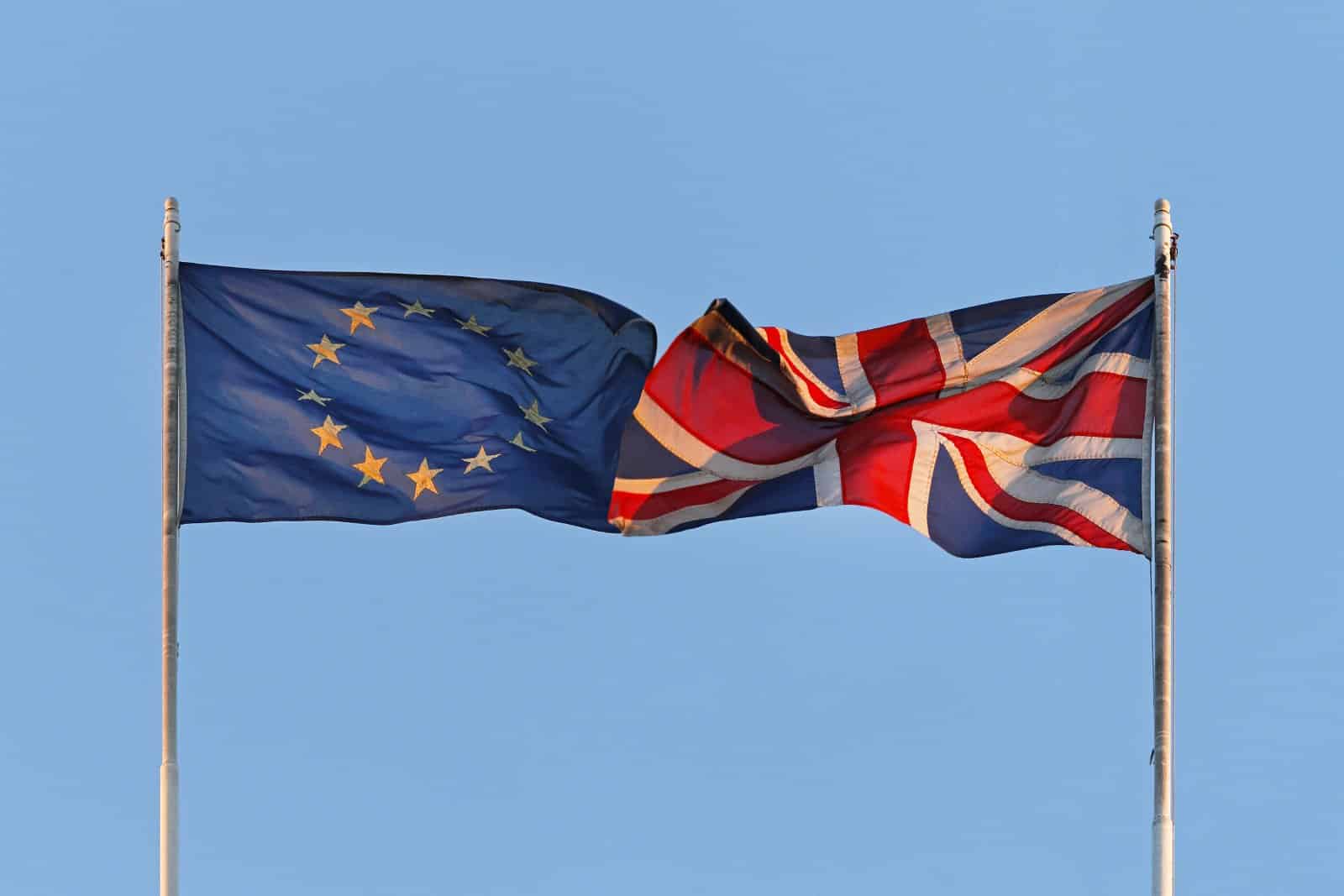The rise of the far-right across Europe is more than a worrying trend—it’s reshaping political landscapes in numerous countries. What exactly is driving this surge, and how is it affecting the continent?
1. Immigration Concerns

Far-right parties are capitalising on public fears about immigration. They argue that high levels of immigration threaten national identity and economic stability.
2. Economic Instability

Economic crises, like the 2008 financial crash, have left lasting scars. Far-right groups blame economic woes on globalisation and EU policies, appealing to those left behind.
3. Nationalism on the Rise

Nationalism is a key component of far-right ideology, promoting the interests of native citizens over immigrants. This resonates strongly in countries like Hungary and Poland.
4. Populist Leaders

Charismatic leaders like Marine Le Pen in France and Matteo Salvini in Italy are instrumental in the far-right’s appeal. Their populist rhetoric is simple, direct, and often inflammatory.
5. Euroscepticism

Far-right parties often advocate for reducing EU influence or leaving the EU altogether. This stance resonates with voters who feel disenfranchised by European integration.
6. Cultural Preservation

Many far-right movements emphasise preserving traditional cultural values. This message is particularly strong in countries with rich historical legacies like Italy and Austria.
7. Social Media Influence

The far-right effectively uses social media to spread their message. Platforms like Facebook and Twitter allow them to reach a large audience quickly and cheaply.
8. Fear of Terrorism

Far-right groups exploit fears of terrorism to push anti-immigrant agendas. They often link migrants with increased terrorist threats, despite evidence to the contrary.
9. Anti-Islam Sentiment

Islamophobia is a significant component of far-right rhetoric. Parties like Germany’s AfD (Alternative for Germany) use anti-Islam sentiment to gain support.
10. Backlash Against Political Correctness

There is a growing backlash against political correctness and progressive values. Far-right parties position themselves as defenders of free speech and traditional norms.
11. Success in Elections

Far-right parties are gaining substantial electoral success. For instance, in 2018, Sweden Democrats became the third-largest party in Sweden’s parliament.
12. Media Coverage

Mainstream media often gives extensive coverage to far-right parties, amplifying their message. This coverage can legitimise their views and increase their visibility.
13. Economic Policies

Far-right parties often promote protectionist economic policies. These policies appeal to voters who feel left behind by globalisation and free trade.
14. Weakening of Traditional Parties

Traditional centre-left and centre-right parties are losing ground. Voter dissatisfaction with these parties has opened the door for far-right alternatives.
15. Refugee Crisis

The 2015 refugee crisis was a turning point for many far-right movements. The influx of refugees into Europe was used to stoke fears and gain political traction.
16. Law and Order Focus

A strong focus on law and order is a hallmark of far-right policy. They advocate for strict immigration controls and tougher crime policies.
17. Brexit Influence

Brexit has emboldened far-right movements across Europe. The UK’s decision to leave the EU is seen as a victory for national sovereignty and anti-immigration policies.
18. Corruption Scandals

Corruption scandals involving mainstream politicians have disillusioned voters. Far-right parties often present themselves as the clean alternative.
19. Changing Demographics

Aging populations in Europe are more likely to support far-right parties. These voters are often concerned about cultural change and economic security.
20. National Crises

Countries facing national crises, like Greece with its debt crisis, have seen a rise in far-right support. Crisis situations create fertile ground for extreme solutions.
21. Political Realignment

There’s a broader political realignment happening across Europe. Far-right parties are benefiting from a general shift away from traditional political divisions.
Far-Right Waves: Stormy Weather Ahead?

The far-right’s rise in Europe is a storm that shows no signs of abating. With every election, their influence grows, raising critical questions about the future of democracy on the continent.
The post Rising Right: 21 Reasons the Far-Right is Gaining Ground in Europe first appeared on LoveLists.
Featured Image Credit: Shutterstock / Ink Drop.
For transparency, this content was partly developed with AI assistance and carefully curated by an experienced editor to be informative and ensure accuracy.

